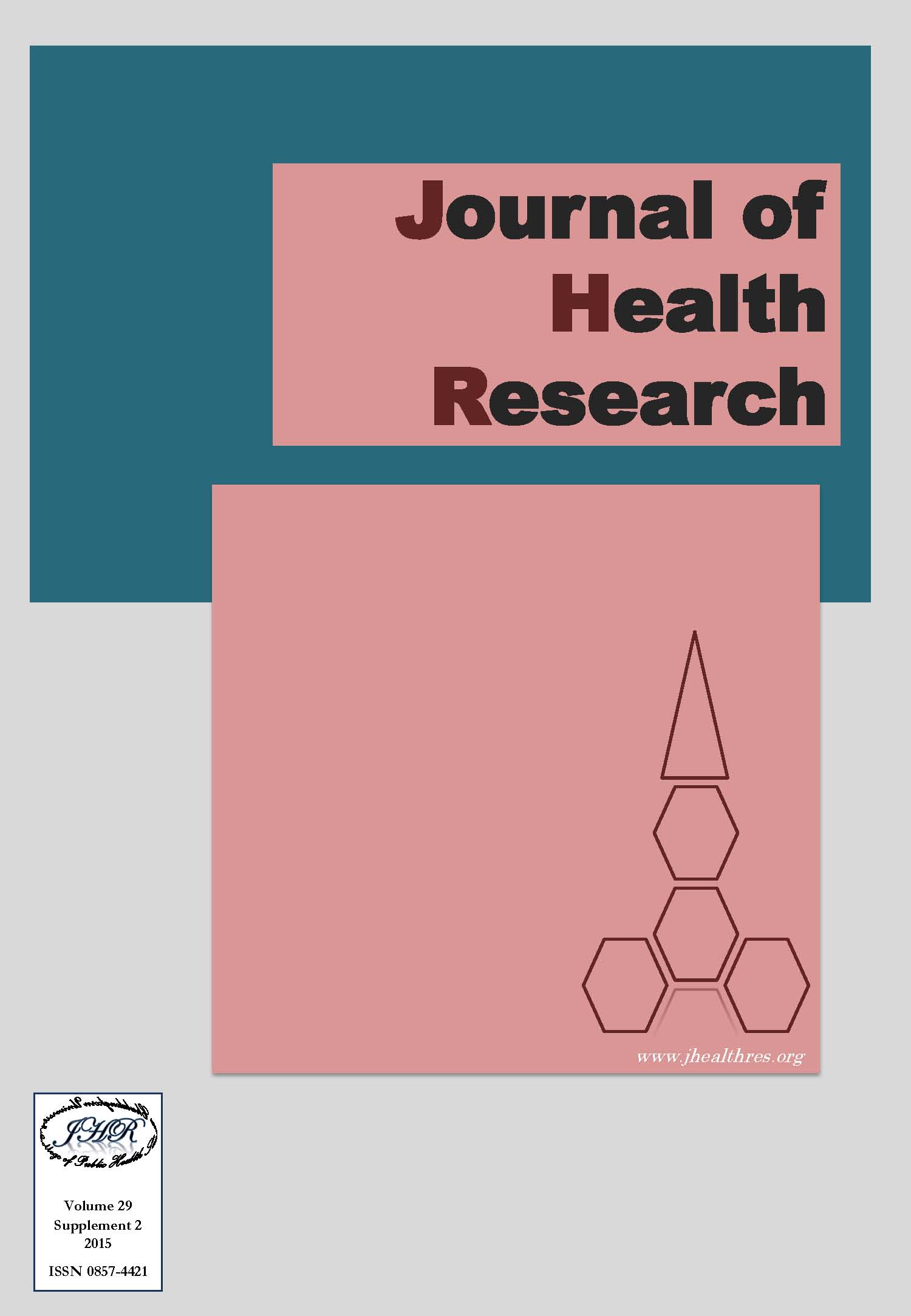Knowledge attitude and intention of preventing unwanted pregnancy among female undergraduate students in Bangkok, Thailand
Keywords:
Unwanted pregnancy, Female undergraduate students, ThailandAbstract
Background: In Thailand, teenage pregnancy rates continue to increase every year which leads to serious problems of unwanted pregnancy and induced abortion. The aim of this study was to assess knowledge, attitude and intention of preventing unwanted pregnancy among female undergraduate students in Bangkok, Thailand.
Methods: A cross-sectional study design with multistage sampling technique was used to select female undergraduate students in Bangkok, Thailand and self-administered questionnaire was used to collect data from 440 students. Mann-Whitney U test, Kruskal-Wallis test, Spearman’s correlation and multiple linear regression statistic methods were used for data analysis in the study.
Results: The study indicated that 42.5% of students had poor level of knowledge. 63.9% of them had moderate attitude towards the unwanted pregnancy, and 64.8% of them had moderate level of intention to prevent unwanted pregnancy. Many socio-demographic characteristics were associated with knowledge, attitude, to prevent unwanted pregnancy. The statistically significant correlation between knowledge and intention (p < 0.001, r = 0.199); and attitude and intention (p = 0.033, r = 0.491) were found in this study. In and intention multiple linear regression models, the types of living arrangement (p = 0.043), the method used to prevent pregnancy (p < 0.001) and knowledge (β = 0.48, p < 0.001) were positively and significantly associated with intention score. Frequency of alcohol consumption
(β = -0.66, p < 0.001) was negatively and significantly associated with intention score.
Conclusions: The findings indicated that the selected group of female undergraduate students had relatively low level of knowledge regardless of moderate attitude and intention to prevent unwanted pregnancy. This demonstrates the need to provide more education on unwanted pregnancy of students in order to improve young people's long-term potential by preventing early and unwanted pregnancies.







